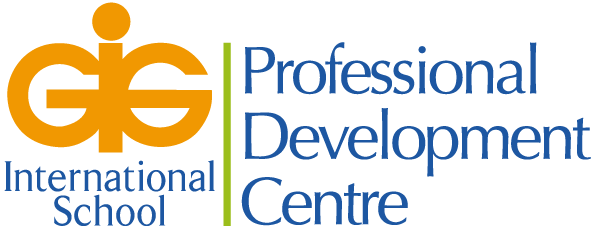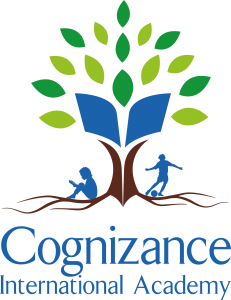Module 2
In this module, a candidate will explore their teaching practice, and in particular the impact it has on their learners’ learning. This will be explored more deeply and critically than in Module 1 as part of a spiral of learning. The focus of a candidate’s learning and subsequent assessment is primarily based on the candidate.
Module 3
In this module candidates will engage in a practitioner inquiry to develop one aspect of their classroom practice that requires improvement. The process is simpler than traditional ‘action research’ and can be aligned with what is also known as ‘reflective analysis’ or ‘evidence-based practice’.
There are NOW 3 Options that an interested applicant can or directly proceed to the Cambridge International DIPLOMA Programme (Module 2 & Module 3).
Option 1*
*earned the Cambridge International Certificate in Teaching and Learning
(CICTL 4164 or 5881)
or
*earned the Cambridge International Award inTeaching and Learning (CIATL 4163
or 5880) and 1 year teaching experience
or
*earned the Cambridge International Certificate in Teaching with Digital
Technologies (4167 or 5885) or The Cambridge International Certificate in
Teaching Bilingual Learners (4193 or 5887)
Option 2
Two years teaching experience,
and
one of these qualifications or equivalent:
- B.Ed,
- Qualified Teacher
- Status (QTS) in the country where qualified,
- PostGraduate Certificate in Education (PGCE),
- Qualified Teacher Learning and Skills (QTLS),
- Diploma in Education and Training (DET)
Option 3
Five years teaching experience,
and
successful completion of any additional entry assessments as required by the
Cambridge PDQ centre.
Candidates who do not meet the option 2 or option 3 above criteria cannot directly make an entry for the Diploma syllabus. They may need to earn a Pass for Cambridge International Certificate in Teaching & Learning (CICTL) as the prerequisite.
Graduation
Upon passing and successfully completing the two components, students will be awarded the Cambridge International Diploma in Teaching and Learning, awarded by the Cambridge International Education, United Kingdom (CIE, UK).
Progression
CIDTL (Level 5) can be used to gain credit towards higher education courses from Anglia Ruskin University. Courses include MBA, MA & PGCE, MA. For more information you may click ht-journ website or contact GIGIS PDC for more information.






